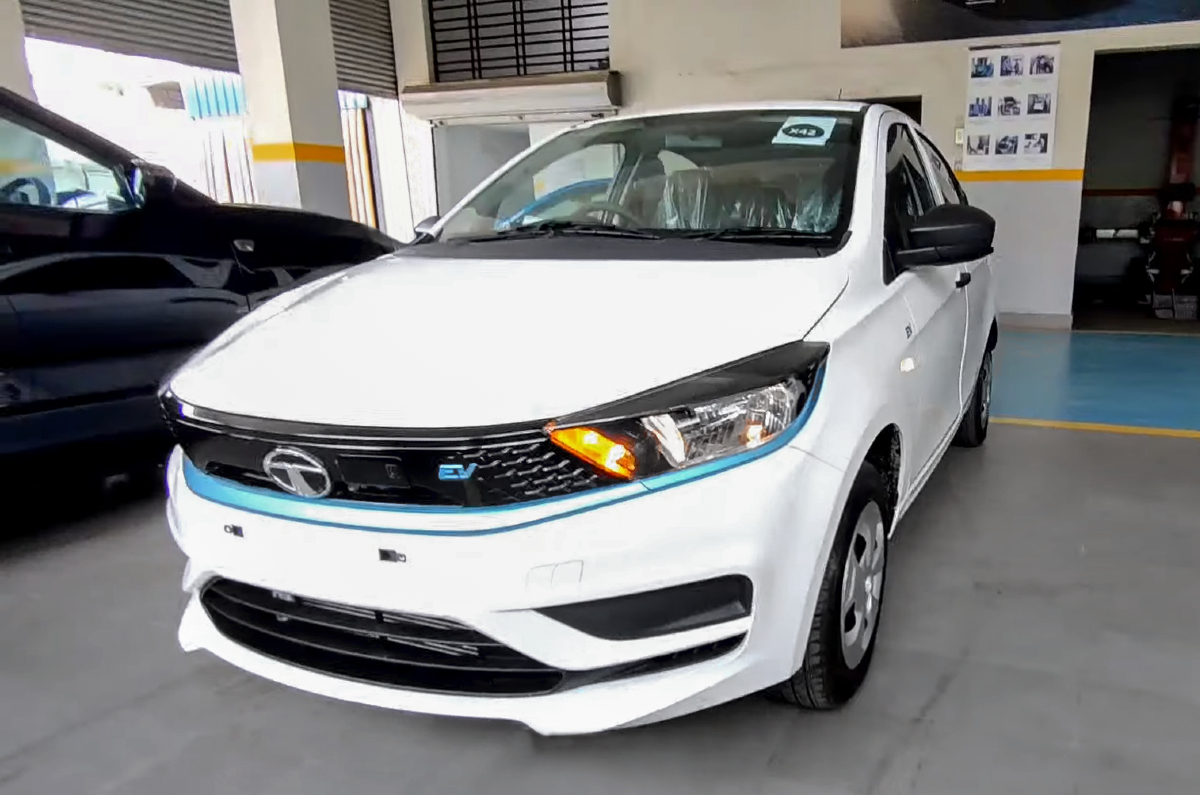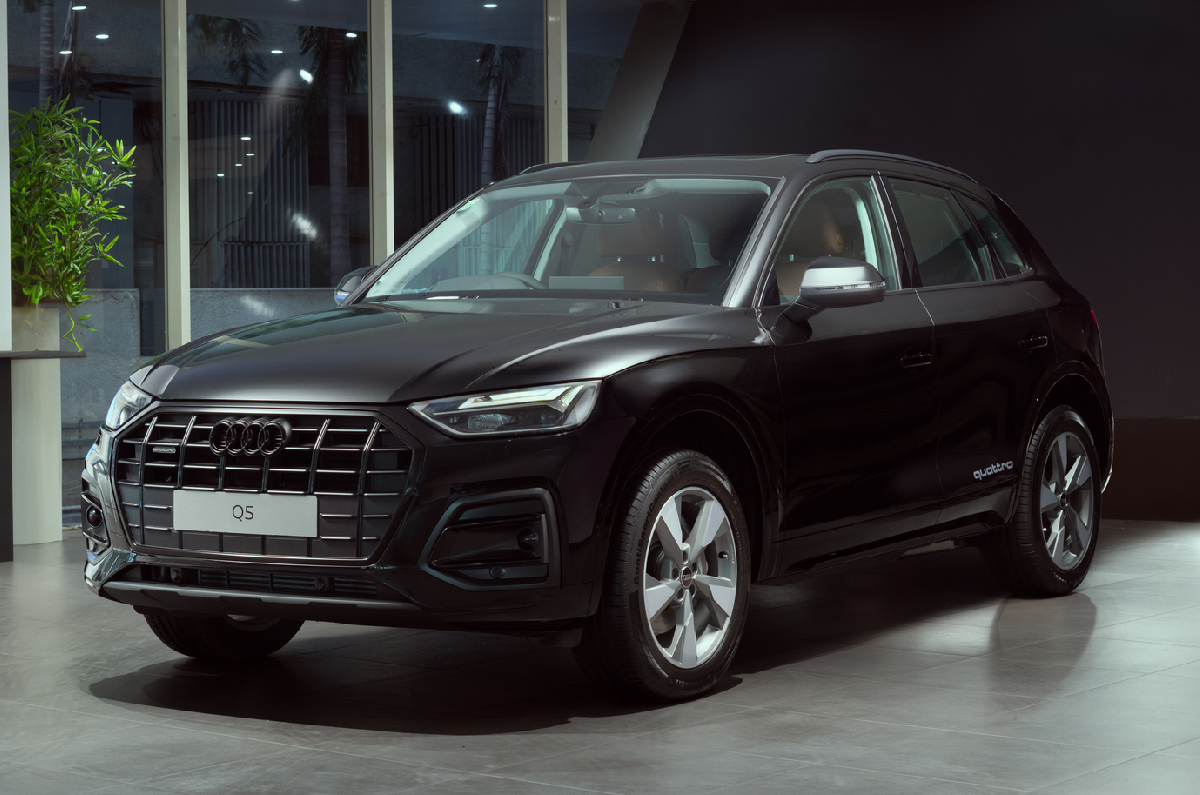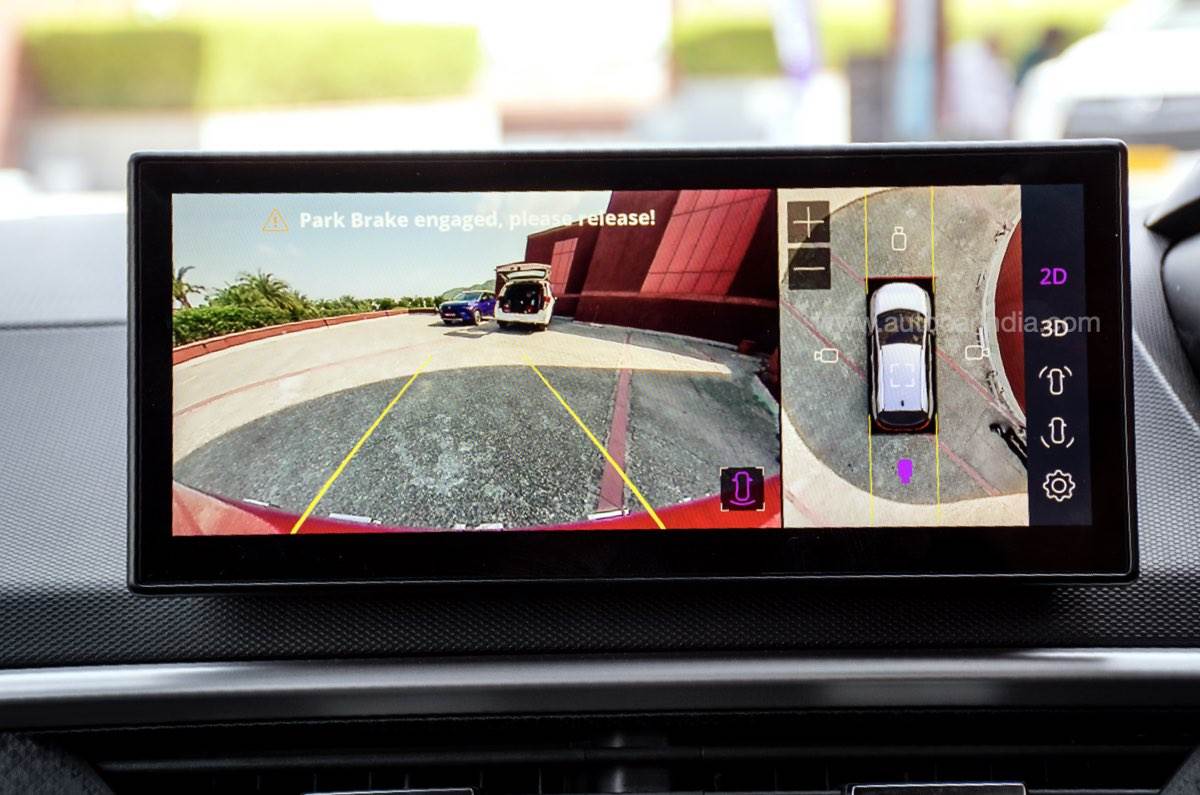While it looks to expand its range of electric vehicles for personal buyers,
Tata Motors – the
country's largest electric carmaker – continues to enjoy strong traction in the fleet market. With
an orderbook of over 40,000 cars, Tata Motors forecasts its fleet sales to more than double to
15,000 units in the current calendar year, and as such, its fleet sales may account for 12-15
percent of its total sales of 1 lakh units that it is targeting for the current financial year.
The Xpres-T electric sedan – Tata Motors’ fleet-only version of the
Tigor EV – comes with two
range options: 315km and 277km (ARAI-certified range under test conditions). Much like its
plans to ramp up production for the new Nexon EV, the carmaker is looking to increase output
for the Xpress-T EV from 500-600 units a month to 1,000-1,250 units per month by the end of
the year.
Tata Motors currently has confirmed orders from BluSmart Mobility for 10,000 units, Uber
Technologies for 25,000 units and Lithium Urban Technologies for 5,000 units, and the rest from
medium to small electric mobility fleet operators may also add up to a few thousand units.
"We sold close to 6,000 to 7,000 EVs last year, and we expect the numbers to improve to the
12,000-15,000 range in the current year," said Shailesh Chandra, managing director, Tata
Passenger Electric Mobility, on the sidelines of the launch of the
facelifted Nexon EV in Delhi
last week. The traction is driven by last-mile shared mobility start-ups that are in an aggressive
fleet ramp-up phase.
In the first half of 2023, the EV market in India saw a surge in funding activity, with startups
raising over USD 700 million from various private equity and venture capital funds. BluSmart,
which operates over 5,000 electric cabs in Delhi-NCR and Bengaluru, has raised USD 110
million. The e-mobility start-up has a fleet of Tiago and Tigor EVs from Tata Motors, as well as
O2 Mobility, a Bengaluru-based corporate fleet start-up, plans to replace its 50 e-Verito with
Xpress-T EVs. O2 Mobility caters to MNC clients such as Hewlett Packard Enterprise (HPE),
HCLTech, GlaxoSmithKline, CommScope and TE connectivity, and is showing a strong interest
in converting its existing ICE-run fleet for corporate employee transportation to electric.
Meanwhile, Snap-E Cabs, based in Kolkata, has 400 Xpres-T electric cabs on the road, and the
ride-hailing app is in the process of signing a Memorandum of Understanding with Tata Motors
in order to add 600 more Xpres-T units. Snap-E Cabs will be investing about Rs 22 crore,
founder and CEO Mayank Bindal told our sister publication Autocar Professional.
Tata Motors’ EV share has increased from 9 percent of passenger vehicle unit sales in FY2023
to more than 13 percent, in five months of the ongoing financial year (FY2024), according to
Vahan data. The carmaker has stated that its share of EV sales will increase to 25 percent of its
total volumes by 2027 and 50 percent by the end of the decade.
Chandra added, "As battery prices fall and competition launches more vehicles, the share of
electric powertrains in overall passenger vehicle sales will only increase.”
While the Nexon EV facelift has just been introduced, Tata Motors is already begun work on the market introduction of the Punch EV that will go on sale next month.
Image source







